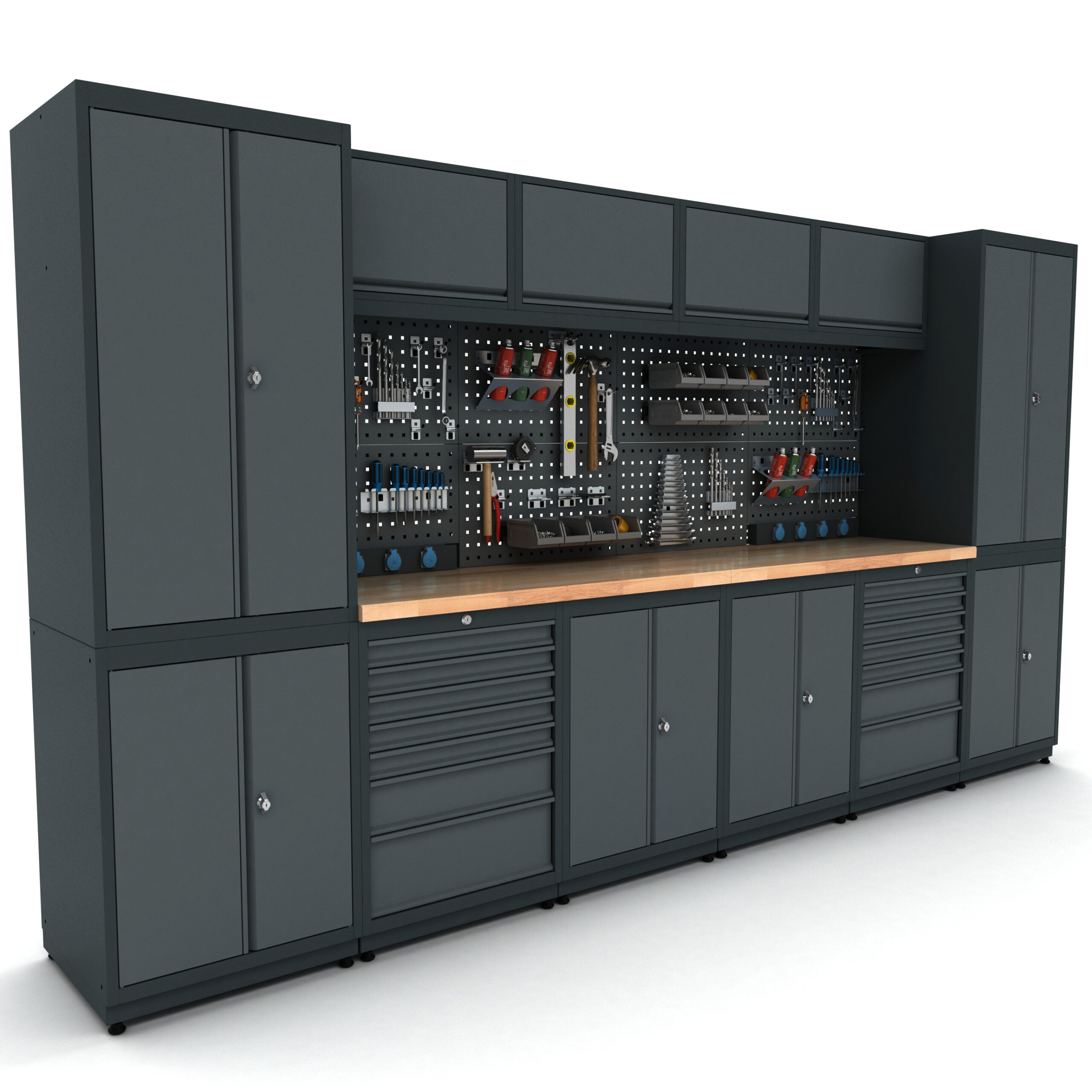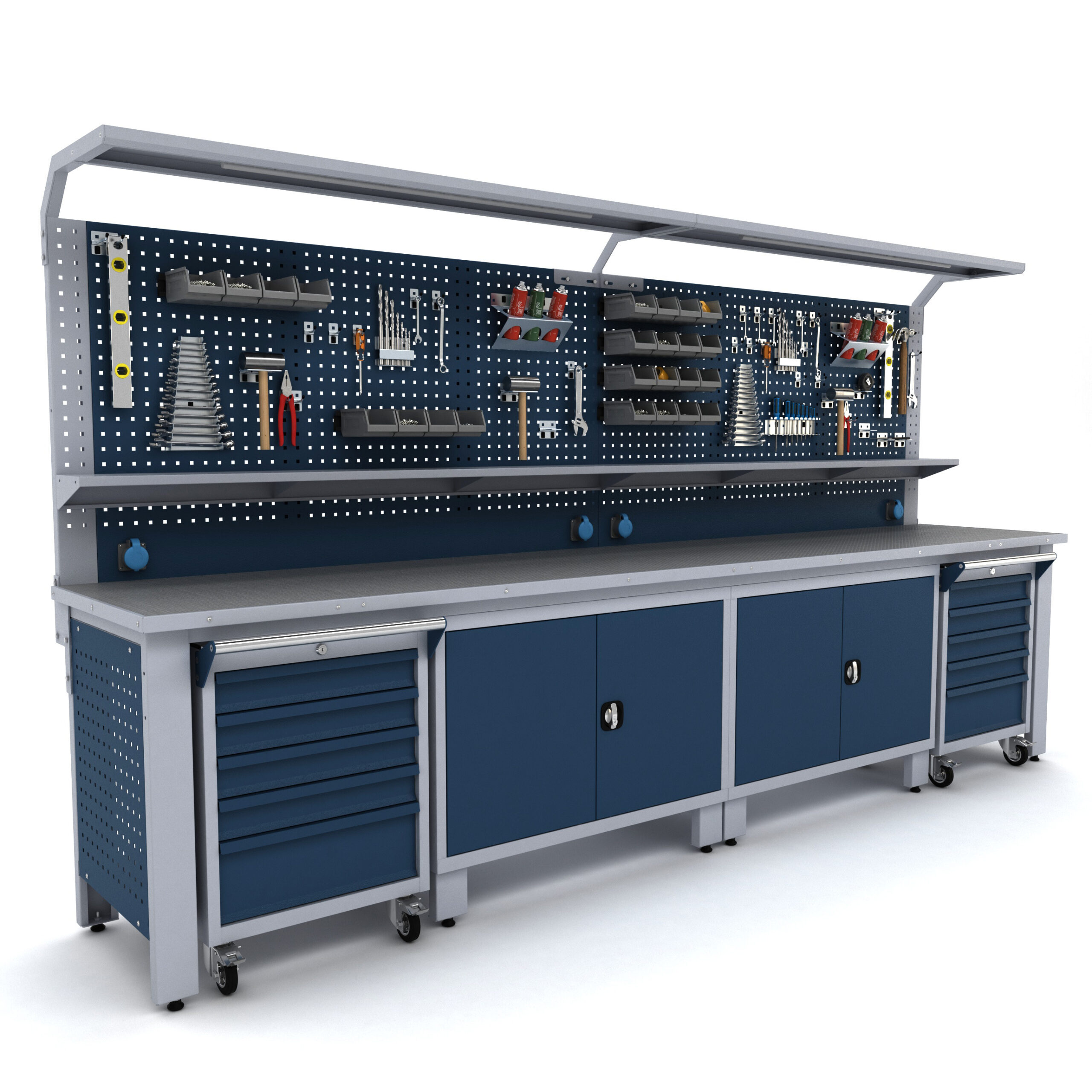Environmental Commitment
At Bodur Industrial, we recognize that our industrial workbench production process has the potential to generate environmental impacts and risks. Some of the main impacts and risks we have identified include:
- Waste generation: Our production process generates waste, such as packaging materials and metal scraps. We have implemented waste reduction practices, such as reusing and recycling materials, to minimize our waste generation.
- Energy consumption: Our production process consumes energy, such as electricity and natural gas. We have implemented energy-efficient practices, such as using LED lighting and optimizing our equipment usage, to minimize our energy consumption.
- Air emissions: Our production process may generate air emissions, such as volatile organic compounds (VOCs) and particulate matter. We have implemented controls, such as using low-VOC paints and regularly maintaining our equipment, to minimize our air emissions.
- Water usage: Our production process requires water for cooling and cleaning purposes. We have implemented water conservation practices, such as using high-efficiency cooling systems and optimizing our cleaning processes, to minimize our water usage.
In addition to these impacts and risks, we also recognize that the production and transportation of our raw materials and finished products may generate environmental impacts and risks. Therefore, we have established environmental criteria for our suppliers and transportation partners to ensure that they share our commitment to environmental responsibility.
Overall, we are committed to minimizing our environmental impacts and risks through continuous improvement of our production processes and supply chain practices.



